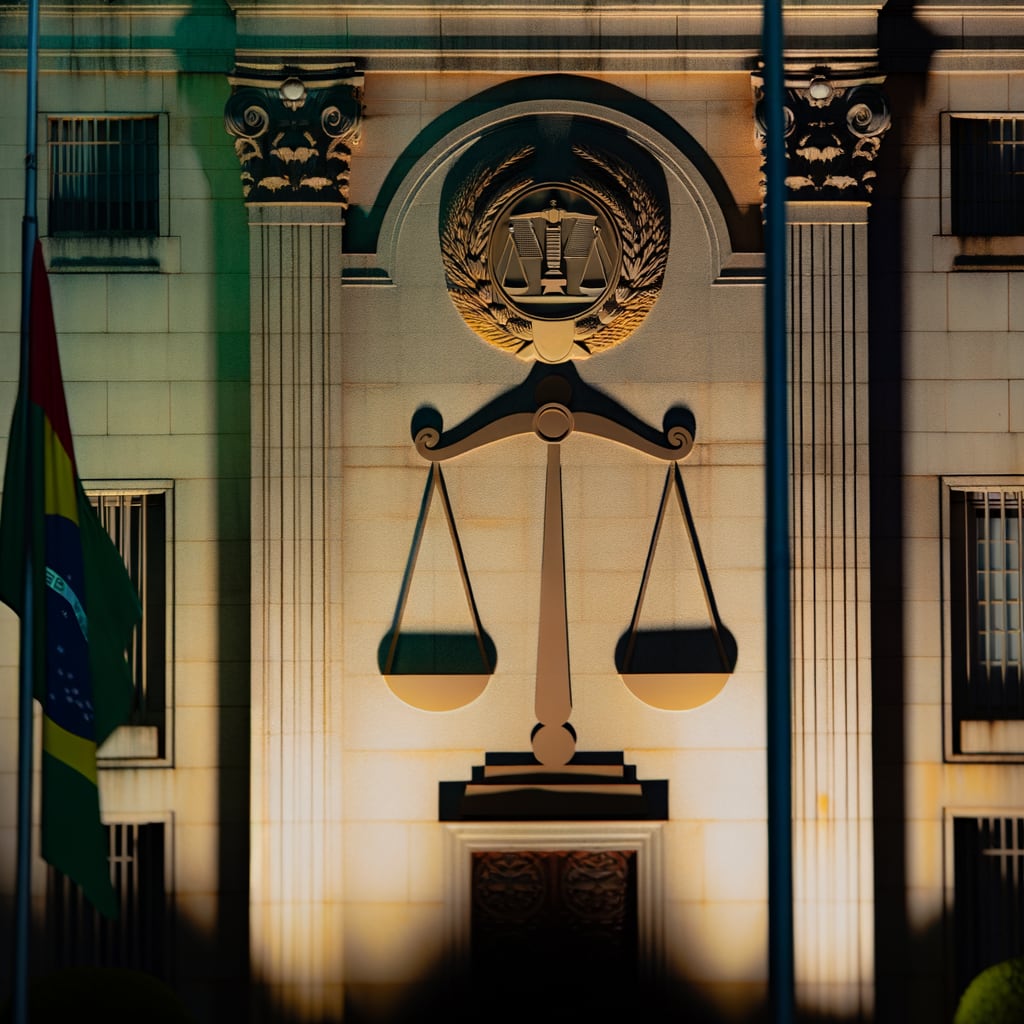Brazil Challenges US Tariffs Under WTO, President Lula Refuses Direct Talks With Trump
In an escalating trade dispute between Brazil and the United States, Brazilian President Luiz Inácio Lula da Silva has activated a dispute settlement mechanism with the World Trade Organization (WTO) in reaction to the tariffs imposed by US President Donald Trump. Lula has refused to enter direct talks with Trump over the issue, stating that there is no room for negotiation.
Rising Tensions Over Trade
The tariff conflict began when Trump increased tariffs on Brazilian products to 50%, a move that was met with strong criticism from Brazil. Lula responded by formalizing a request for consultation to the WTO in Geneva, aiming to reverse the tariffs. However, the WTO process is lengthy and does not guarantee success.
Bolsonaro Family Blamed for Tariff Hike
Meanwhile, the governor of Rio Grande do Sul, Eduardo Leite, has placed the blame for the tariff increase on the Bolsonaro family. He stated that they are primarily responsible for the surtax applied by the United States to Brazilian imports.
Lula Seeks Support from BRICS Nations
In addition to seeking justice via the WTO, President Lula has also proposed a meeting of BRICS leaders to discuss a response to Trump's tariffs. Lula stated that a small country alone has no bargaining power against the US. He plans to reach out to his Chinese and Indian counterparts, Xi Jinping and Narendra Modi, followed by other leaders.
Lula Refuses to Humiliate
Himself by Calling Trump
Despite the rising tensions, Lula has stated that he will not call Trump to resolve the differences between Brazil and the US. However, he has expressed his willingness to call the American leader to invite him to participate in the 30th Conference of the Parties to the United Nations Framework Convention on Climate Change.
Future Talks with BRICS Leaders
The special advisor to the President of the Republic, Celso Amorim, confirmed that Lula and Indian Prime Minister Narendra Modi will have a phone conversation regarding the American tariffs. The next call is expected to be with the Chinese leader, Xi Jinping.
Conclusion
As the tariff dispute continues to escalate, it remains to be seen how the situation will unfold. The Brazilian government is determined to challenge the tariffs through the WTO and with the support of other BRICS nations. However, the refusal of President Lula to engage in direct talks with President Trump adds an extra layer of complexity to the issue. As the world watches, the resolution of this dispute could have far-reaching implications for international trade relations.

